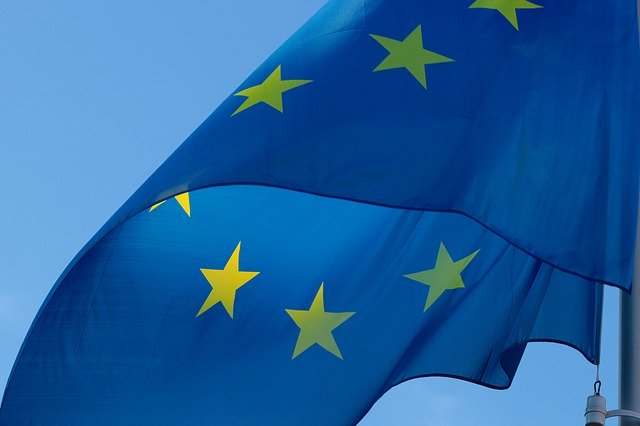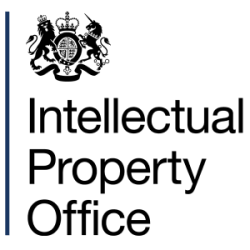Despite, or maybe because of recent high-profile blows to the planned implementation of such a system, EU Internal Market Commissioner Thierry Breton has once again called upon Member States to move forward with a unified EU patent.
Breton’s call comes at a time when the future of Europe’s Unified Patent Court (UPC) itself seems increasingly in doubt. The British Government has already confirmed that it will not be seeking membership of the Court following Brexit, and not long after that, Germany’s intended involvement was deemed “unconstitutional” by the country’s Federal Constitutional Court on the grounds that the UPC agreement was not passed by the Bundestag with the necessary two-thirds majority required, leaving any claimed ratification at odds with German Basic Law.
The UPC was intended to provide “one-stop” enforcement of European Patents, underpinned by a unified EU Patent that would be more efficient and cheaper to obtain for industries and innovators across the EU. The broad nature of such a patent was agreed between the European Council and the European Parliament back in 2012, but various setbacks and disagreements have meant that implementation of the system across the EU remains, at best, patchy, with the continued lack of a centralized EU patent court being seen by many as a critical issue.
Apparently undeterred by such setbacks, in a recent meeting of the European Parliament’s Legal Affairs committee Breton said that one of his priorities following the COVID pandemic would be the proper implantation of a “single European patent system”. He said:
“The EU has a solid framework for intellectual property, but the current system has to become much more effective. It’s too fragmented and too expensive. And it has to be adapted to the challenges of the digital age and the environment. It’s a question of developing solutions that allow technologies to be shared. It’s a question of competitiveness.”
Of course, it remains to be seen whether Breton’s statement will have any impact on the ongoing impasse surrounding the UPC and the unified EU patent more broadly.










